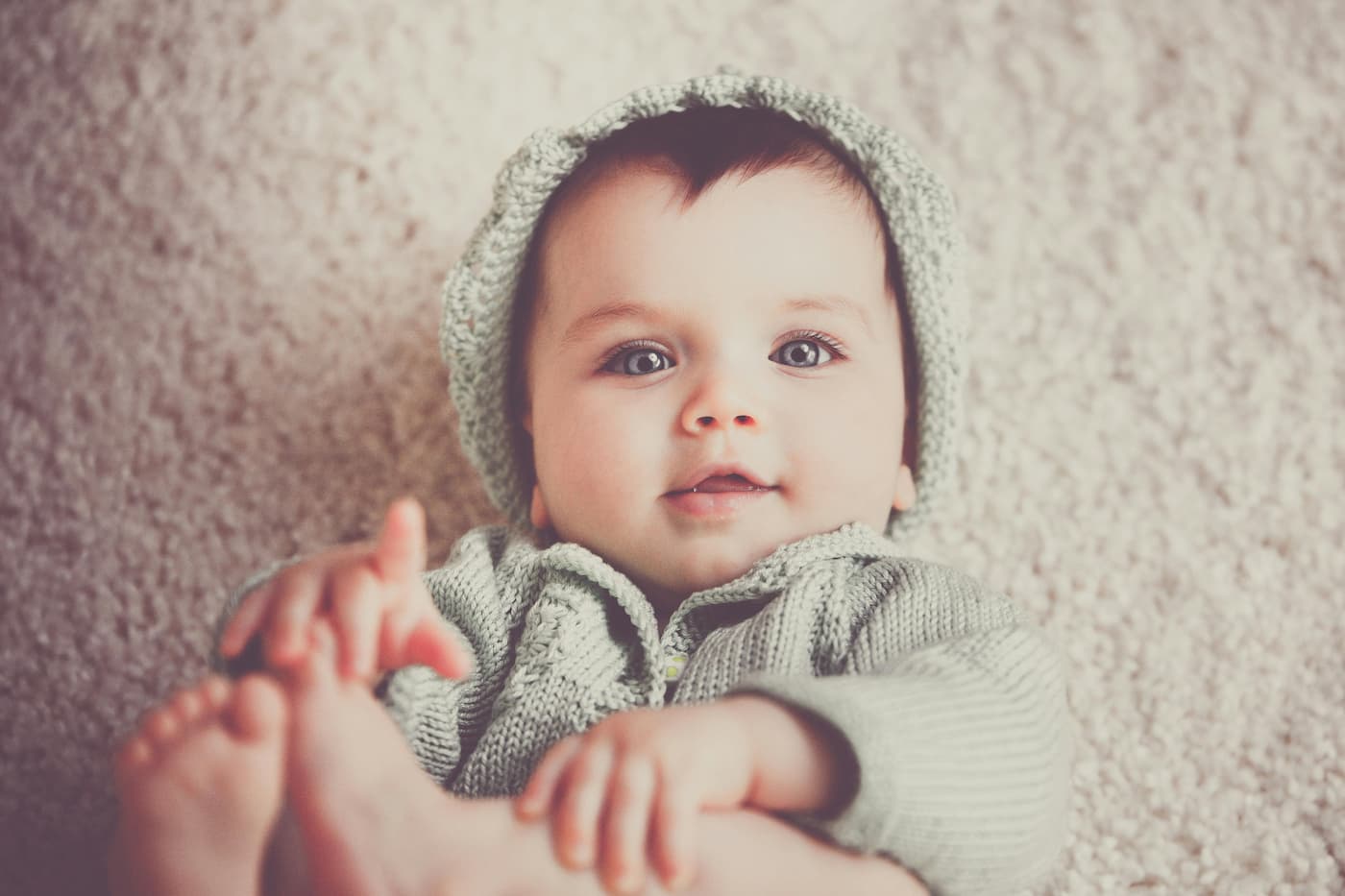
- High Country Conservation
- January 29, 2025
- Ask Eartha
Dear Eartha, I’ve got a new baby at home, and wow, he generates a lot of waste! I try to be as eco-friendly as possible, but how can I stick to my sustainable lifestyle without compromising my baby’s health and safety?
First off, congratulations on your new addition! Babies are amazing, but they sure know how to turn a tidy, eco-conscious household into a whirlwind of diapers, wipes, and stuff. It might feel like your carbon footprint has grown overnight, but don’t worry—there are plenty of ways to stay sustainable while keeping your baby healthy and happy.
Why Should Parents Care
The average baby uses about 2,000 to 2,200 diapers in just their first year. In the U.S. alone, over 20 billion disposable diapers are thrown away annually, accounting for more than 3.5 million tons of landfill waste each year. These diapers can take up to 500 years to decompose, releasing methane gas—a potent greenhouse gas—along the way.
But it’s not just diapers. The packaging, wipes, toys, and baby gear all contribute to a growing waste problem. By making small changes, parents can significantly reduce their environmental impact, create a cleaner future for their children, and save money in the process.
Hand-Me-Downs Are Your Best Friend
Sure, the idea of buying everything shiny and new is tempting—your little one deserves the best, right? But here’s the thing: Babies grow faster than you can say “adorable onesie,” and most clothing items only get worn once or twice before being outgrown. Instead of spending a fortune on new outfits, embrace the magic of hand-me-downs.
Ask friends, family, and neighbors for baby clothes and gear they’re no longer using. Check out online groups like “Summit County Colorado Parents” for gently used items. Don’t overlook local thrift shops like Resaddled, where you can find budget-friendly treasures. Remember, your baby won’t know the difference, and your wallet (and the planet) will thank you.
The Truth About Wet Wipes
Let’s talk wet wipes. Surprise: 90% of them contain plastic! These sneaky culprits break down into tiny, toxic microplastics that wreak havoc on fish, marine mammals, and entire ecosystems. Flush them, and you’re practically begging for a plumbing disaster—a headache no one needs when diaper duty already has you on your toes.
Switching to biodegradable or compostable wipes is a simple way to dodge the plastic problem. Made from renewable plant fibers like cotton or bamboo, these eco-friendly alternatives are free of plastic and often gentler on sensitive skin. A small change with a big impact!
DIY Baby Food (Yes, You’ve Got This)
Store-bought baby food often comes with a side of environmental guilt, thanks to excessive packaging and the carbon footprint tied to production and transport. Those tiny pouches and lids might be convenient, but they contribute to waste streams that are anything but tiny.
Making your own baby food is a sustainable and surprisingly simple solution. By steaming or baking fresh fruits and vegetables, blending them into purees, and freezing portions, you can skip the single-use packaging altogether. Got some leftover glass jars from jam or salsa? Repurpose them for storing your baby food, keeping waste out of landfills and money in your pocket.
Rethink Baby Toys
Here’s the thing: Most shiny, brand-new toys come with a hidden environmental cost. Plastic toys, in particular, are resource-heavy to produce, hard to recycle, and often end up in landfills for centuries. By rethinking how we approach baby toys, we can reduce waste, conserve resources, and create a more sustainable future.
Babies don’t need the latest gadgets to be happy—a wooden spoon and a mixing bowl can be just as entertaining. Embracing simplicity not only saves money but also reduces demand for mass-produced toys that harm the planet.
Encourage friends and family to gift pre-loved toys, which extends the life of existing items and keeps them out of landfills. If buying new, choose durable, non-toxic options made from wood, organic cotton, or wool from sustainable brands like Oompa or Bella Luna Toys.
Parenting is no walk in the park, but raising an eco-conscious little human is one of the most meaningful things you can do. By incorporating even a few of these tips, you’ll not only minimize your environmental impact but also set a positive example for your growing family.
Ask Eartha Steward is written by the staff at High Country Conservation Center, a nonprofit dedicated to waste reduction and resource conservation. Submit questions to Eartha at info@highcountryconservation.org.
